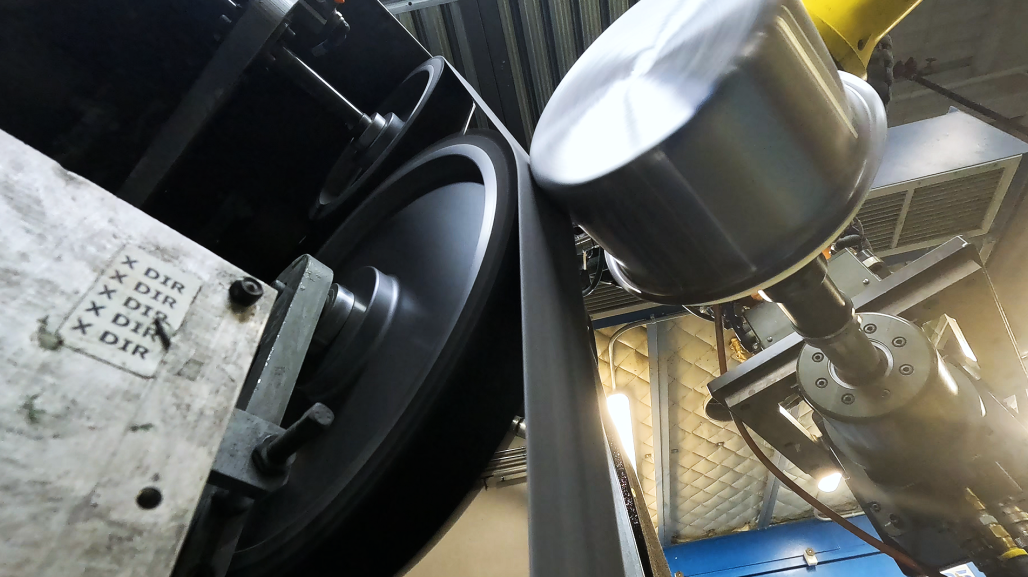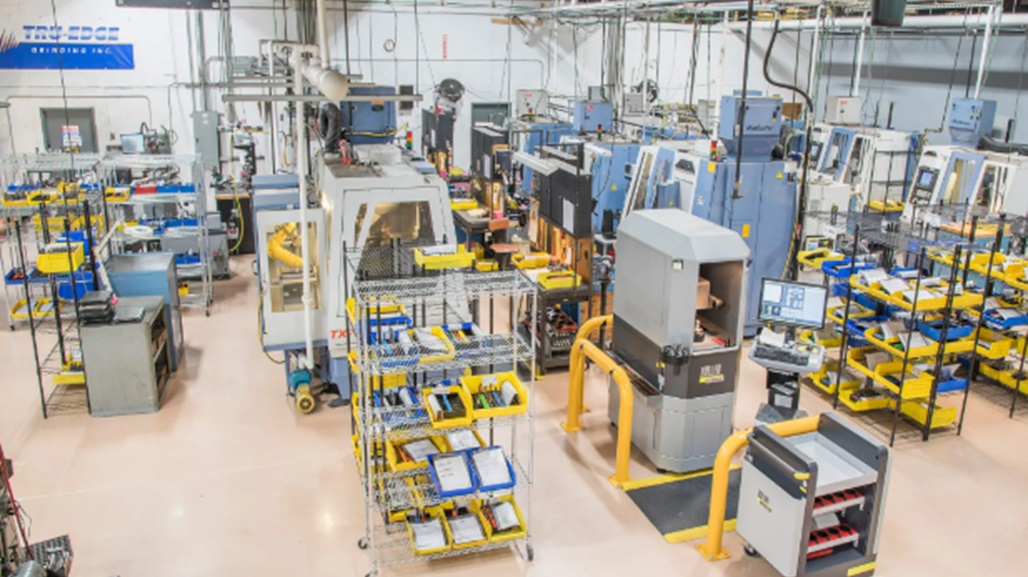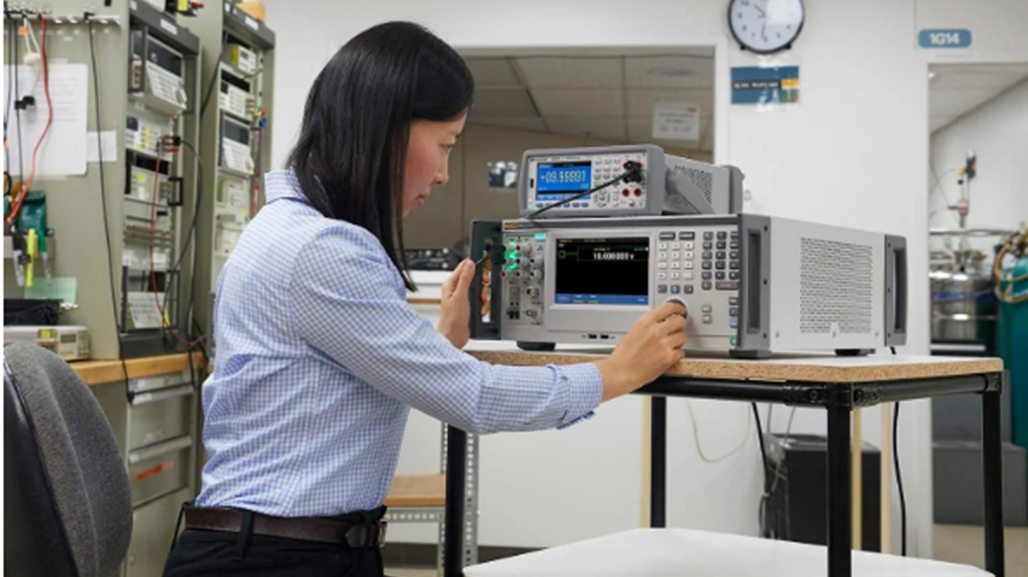Master Lock Pairs Bluetooth with Padlocks to Boost Workplace Security
Strengthen workplace security with Master Lock’s Bluetooth® padlocks, allowing smartphone access, audit trails and customizable control for easy management.
Strengthen workplace security with Master Lock’s Bluetooth® padlocks, allowing smartphone access, audit trails and customizable control for easy management.
Like a chain that’s only as strong as its weakest link, even the best lock is only as secure as the keys that open it.
When one of those keys is lost or stolen, critical entry points for your business may be left vulnerable to intruders.
One or more locks may need to be replaced, pushing up costs and lowering productivity for employees whose ability to access worksites is, temporarily at least, disrupted.
Master Lock has a solution for that: Bluetooth®-enabled padlocks that can be opened with smartphone mobile apps or physically entered codes and controlled through the company’s Master Lock Vault Enterprise software.
“These connected products give customers the ability to limit who can go where and when, which is a big differentiator, as well as providing them an audit trail so they can see who has gone where and when, all still within a portable device,” says Brian Smith, the company’s director of sales for connected products.
The connected products line, which includes both outdoor padlocks and the upgraded ProSeries®, heighten the sophistication of security systems, a vital component of workplace safety for manufacturing facilities, machine shops and other businesses.
Authorized users can open connected padlocks from Master Lock’s Vault Enterprise app on their smartphones as long as they’re close enough for Bluetooth connectivity, Smith says. That’s the preferred method, since it provides the most information for the audit trail.
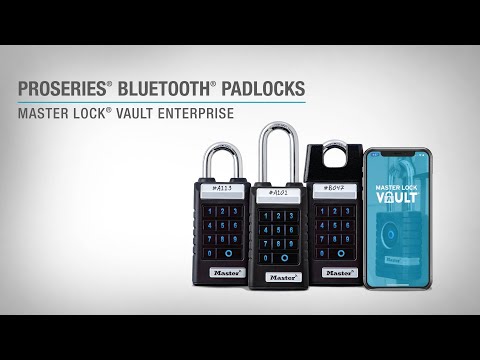
But for situations when connectivity isn’t available, Master Lock built in a secondary method of retrieving an entry code.
Its app can retain digital keys for up to seven days, giving users who have been connected to the internet at some point during that period the ability to retrieve a code that can be entered manually.
For the outdoor model, the code is directional (up, down, left or right) and for the ProSeries®, it’s numeric.
With either option, there are no keys to lose, no combinations to forget and no risk of unauthorized key duplication, the company explains. Business owners and managers can easily grant and revoke access, monitor entry logs and receive alerts when locks are opened or left unsecured.
The padlocks allow businesses to manage access “for a very reasonable price compared with installing an electrical system that controls every door,” Smith says. “It’s a much more portable, manageable product.”
It’s also one that can be customized as needed. Master Lock works with clients who want to integrate lock-management capabilities into their own proprietary software rather than relying on the company’s off-the-shelf system.
Along with improving security, investing in smart locks can offer fringe benefits such as simplifying the tracking of portable equipment from power tools to warehouse utility vehicles.
That helps companies overcome a common challenge—locating items that weren’t returned to the correct spot, making them difficult to find and potentially hindering work.
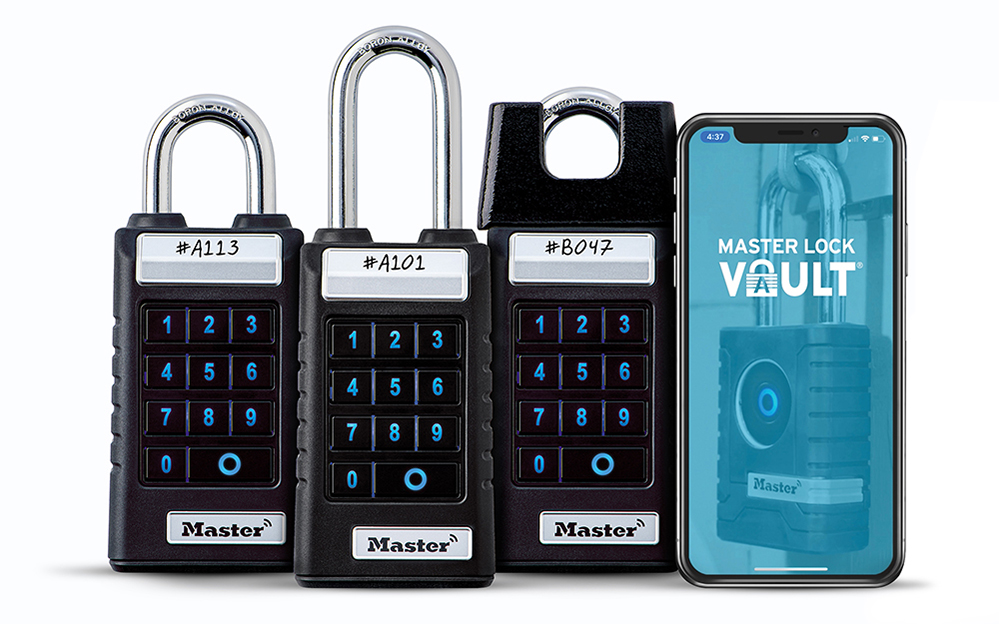
Using the Vault Enterprise app, workers can see where and when the lock on a particular piece of equipment was last connected as well as who unlocked it, Smith explains.
That capability was what attracted Southwest Airlines’ operations team at Denver International Airport, one of the world’s busiest. The carrier relies on Master Lock’s Bluetooth® padlocks to manage its fleet of luggage tugs, which carry suitcases from airliners to baggage claim pickups.
The system has eliminated the hassle of managing the physical keys with which Southwest previously secured the tugs, simplifying access and improving day-to-day operations, according to a Master Lock case study. Employees who rated the new locks awarded them roughly four out of five stars.
Despite the benefits, switching from a standard lock to a digital model can be a big step, with the potential impact increasing with the size of the customer and the breadth of planned usage, Master Lock acknowledges. Prospective buyers bring a variety of questions, from how the security of a connected lock compares with manual alternatives to how long batteries last and how difficult they are to replace.
“It’s human nature,” Smith says. “No one wants to be the person who made a bad decision, but in almost every case, dipping their toe in the water and doing a pilot program seems to alleviate their concerns.”
While some buyers worry that connected locks might be hacked, experts maintain that the likelihood of that is low. Master Lock says its Bluetooth® locks are made to withstand both physical and technological attacks, using military-grade encryption and other high-security features.
“Since there’s no need for a physical key, you can rest assured knowing there’s no risk of losing your key or it accidentally ending up in the wrong hands,” the company says. “As with any other technology, it’s best practice to be careful with your PINs and passwords and to change them regularly.”
As for batteries, the ones in Master Lock’s products last, on average, three to five years, Smith says. They’re not proprietary, so users can buy replacements anywhere.
